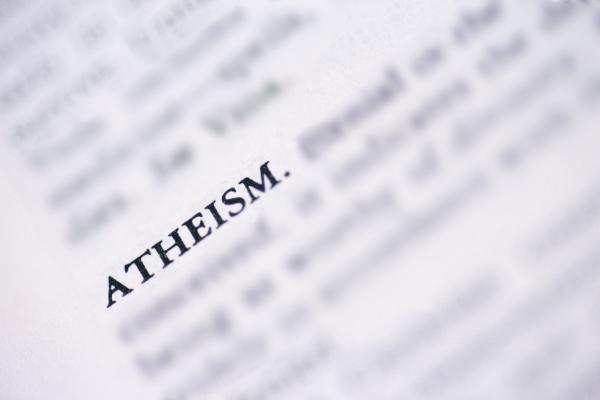Mar 26, 2012
Stripped of its supernatural elements, does religion have anything to offer atheists? What can nonbelievers borrow from the organizations, practices and rituals of believers -- without borrowing a belief in God?
According to Swiss philosopher Alain de Botton, a lot.
In his new book, Religion For Atheists: A Non-believer's Guide to the Uses of Religion he outlines an array of things he contends religions get right and that atheists can adopt to create a better, richer secular society.
Read the Full Article

Already a subscriber? Login
